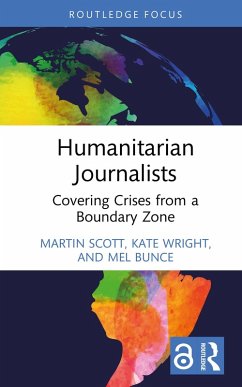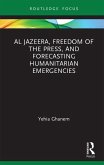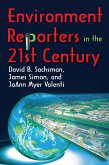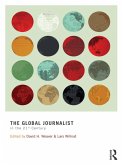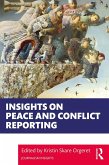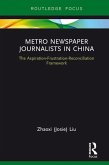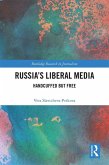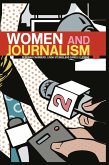This book documents the unique reporting practices of humanitarian journalists - an influential group of journalists defying conventional approaches to covering humanitarian crises.
Based on a 5-year study, involving over 150 in-depth interviews, this book examines the political, economic and social forces that sustain and influence humanitarian journalists. The authors argue that - by amplifying marginalised voices and providing critical, in-depth explanations of neglected crises - these journalists show us that another kind of humanitarian journalism is possible. However, the authors also reveal the heavy price these reporters pay for deviating from conventional journalistic norms. Their peripheral position at the 'boundary zone' between the journalistic and humanitarian fields means that a humanitarian journalist's job is often precarious - with direct implications for their work, especially as 'watchdogs' for the aid sector. As a result, they urgently need more support if they are to continue to do this work and promote more effective and accountable humanitarian action.
A rigorous study of how unique professional practices can be produced at the 'boundary zone' between fields, this book will interest students and scholars of journalism and communication studies, sociology and humanitarian studies. It will also appeal to those interested in studies of news and media work as occupational identities.
Based on a 5-year study, involving over 150 in-depth interviews, this book examines the political, economic and social forces that sustain and influence humanitarian journalists. The authors argue that - by amplifying marginalised voices and providing critical, in-depth explanations of neglected crises - these journalists show us that another kind of humanitarian journalism is possible. However, the authors also reveal the heavy price these reporters pay for deviating from conventional journalistic norms. Their peripheral position at the 'boundary zone' between the journalistic and humanitarian fields means that a humanitarian journalist's job is often precarious - with direct implications for their work, especially as 'watchdogs' for the aid sector. As a result, they urgently need more support if they are to continue to do this work and promote more effective and accountable humanitarian action.
A rigorous study of how unique professional practices can be produced at the 'boundary zone' between fields, this book will interest students and scholars of journalism and communication studies, sociology and humanitarian studies. It will also appeal to those interested in studies of news and media work as occupational identities.
Dieser Download kann aus rechtlichen Gründen nur mit Rechnungsadresse in A, B, BG, CY, CZ, D, DK, EW, E, FIN, F, GR, HR, H, IRL, I, LT, L, LR, M, NL, PL, P, R, S, SLO, SK ausgeliefert werden.

